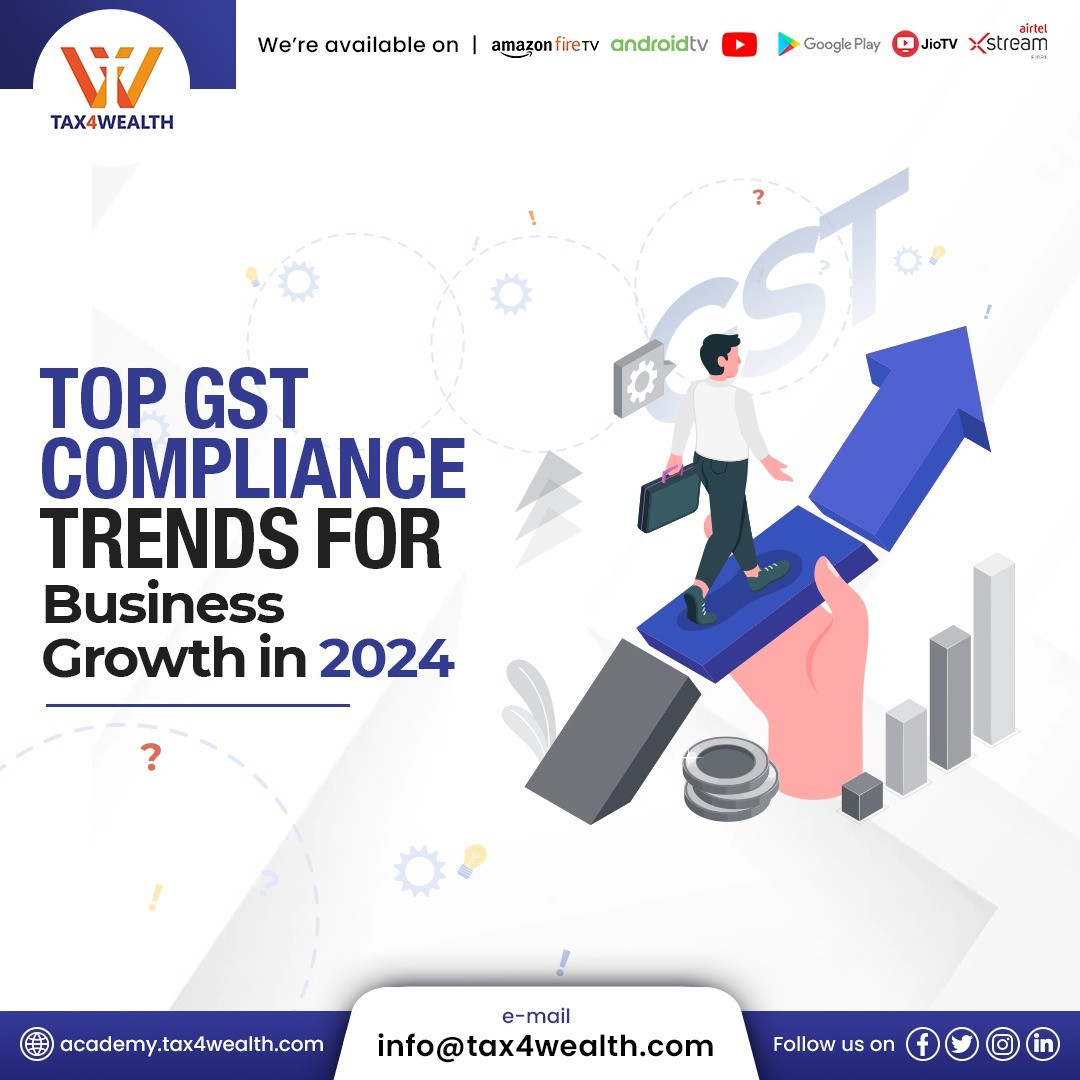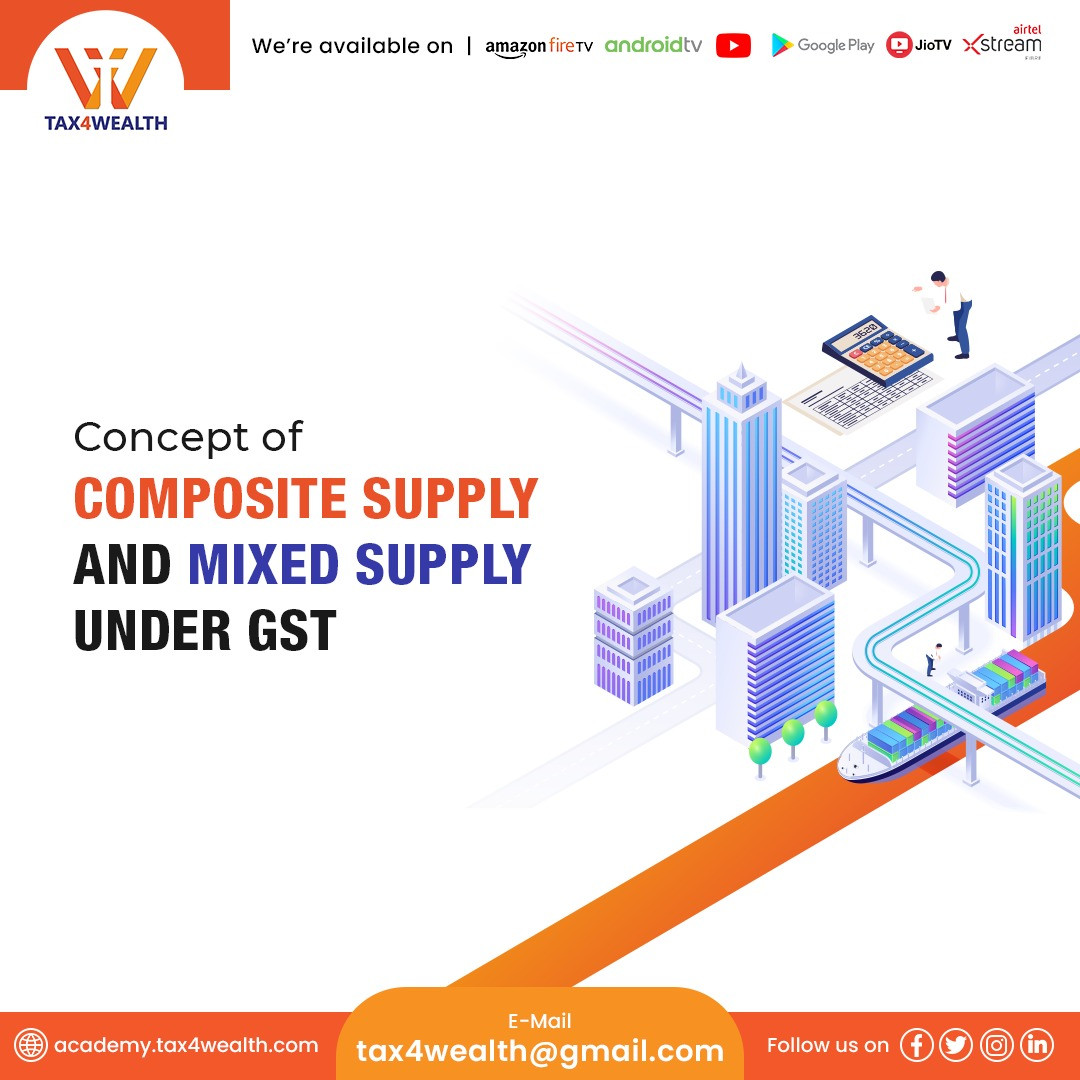
Top GST Compliance Trends for Business Growth in 2024
In recent years, GST compliance Trends have strengthened majorly due to factors such as the introduction of e-invoices, automation in GST processes, and changes in GST regulations. Businesses that fail to adapt to these changes face penalties for late filing of GSTR-3B, legal consequences for delayed GST payments, and damage to their reputation.
Understanding these trends is really important for optimizing working capital and staying informed about new developments in the GST field. For instance, the introduction of ITC reversal and reclaim offers businesses the opportunity to rectify errors, reclaim ITC in the future, and maintain comprehensive records. This article provides valuable insights into various GST compliance trends in 2024 to help you stay ahead of changing compliance requirements.
1. Simplified Processes with e-Invoicing Solutions & Reconciliation:
Embracing e-invoicing solutions and robust reconciliation processes is key to GST compliance. Automation-driven GST software simplifies returns, enhances e-invoicing efficiency, and reduces compliance burdens.
2. Efficient Automation for Vendor Compliance and ITC:
Automated review of returns guarantees accuracy and timely spotting of differences, creating a more transparent tax system. That's why automation is strongly suggested for easy GST return filing and compliance.
The future of input tax credit looks bright with a greater emphasis on authentic buyers and efforts to prevent automatic reversals. Businesses are prioritizing categorizing vendors based on risk, which helps in better tracking and releasing vendor payments, thus avoiding incorrect ITC claims.
This method not only encourages compliance but also maintains a steady exchange of information between businesses and the government.
3. Transparency in e-commerce Transactions:
Mandatory reporting of e-commerce transactions in GSTR-1 enhances GST transparency, aiding accurate return filing by distinguishing between direct and indirect sales.
4. Automation for Responses relating to Litigation and Notice:
Automation in responding to notices ensures precise scrutiny of discrepancies between returns. The DRC-01 facility facilitates prompt response and liability settlement, reducing disputes and enhancing transparency.
5. Digitization of Purchase Register:
Digitizing e-invoices with OCR and purchase invoices simplifies business filing procedures. Automating purchase register operations allows for better compliance with government GST regulations. Generating e-invoices within 30 days and managing the purchase register through automation aligns billing cycles and enhances ITC reconciliation processes for smoother compliance.
6. Adapting to New e-Invoicing Regulations:
It's important to follow upcoming e-invoicing regulations to ensure your business stays GST-compliant. Some of these regulations include:
✅ Lowering the turnover requirement for e-invoices (below 5 crore).
✅ Implementing e-invoicing for B2C transactions.
✅ Including exempt sectors like banks and insurance companies under e-invoicing.
These regulations aim to increase taxpayer participation in e-invoicing and prevent tax evasion.
7. Integration of Advanced Technology in Return Filing:
A growing trend in GST is the adoption of modern technology such as AI and automation to simplify the entire process of filing returns. For instance, this includes the use of Notice APIs, Generative AI for handling legal matters, Smart Reporting and Management Information Systems (MIS), Rule-based Engines for vendor management, and Data Reconciliation tools. Integrating such technology into your GST operations can improve compliance and increase returns efficiently.
8. Strengthening User Authentication Protocols:
Cybersecurity is becoming increasingly important across all sectors, including GST. That's why robust registration and authentication protocols have become essential for GST compliance. Many GST solutions now employ multi-factor authentication systems such as OTPs via text or email, as well as biometric authentication. As a business owner, it's your duty to integrate these practices into your GST operations.
9. Implementing Data-Driven Compliance:
Sharing GST data across government departments and managing it using frameworks like the Account Aggregator Framework enhances transparency and enables accurate insights into financial status, facilitating data-driven compliance.
In conclusion, as a business owner, it's imperative to adapt to evolving GST regulations in 2024. Implementing automation, utilizing advanced technology, and maintaining proactive compliance practices will ensure a smooth journey through the difficulties of GST compliance, ultimately fostering business success.
For more information, Visit us at: https://academy.tax4wealth.com/
Related News
No comments yet, Be the first to comment.













